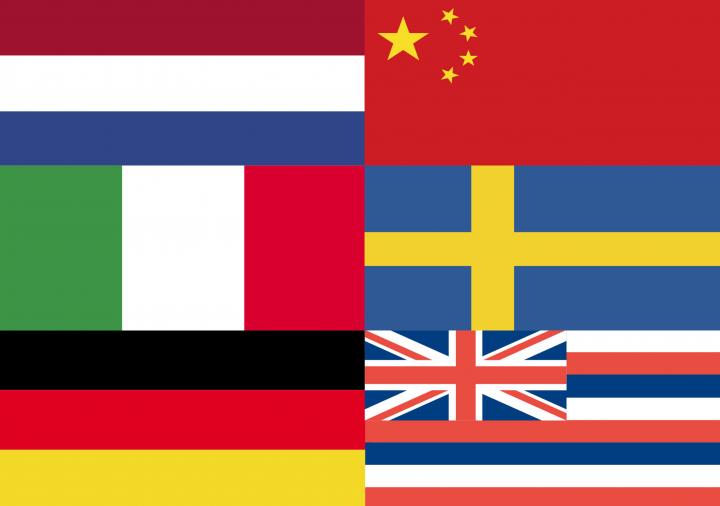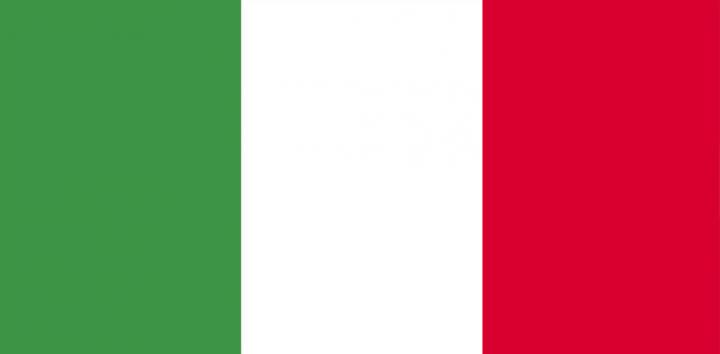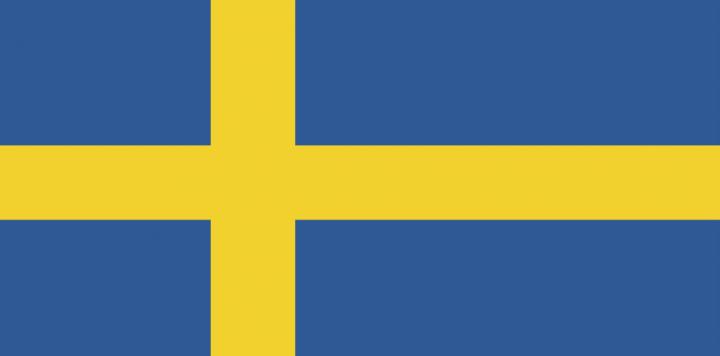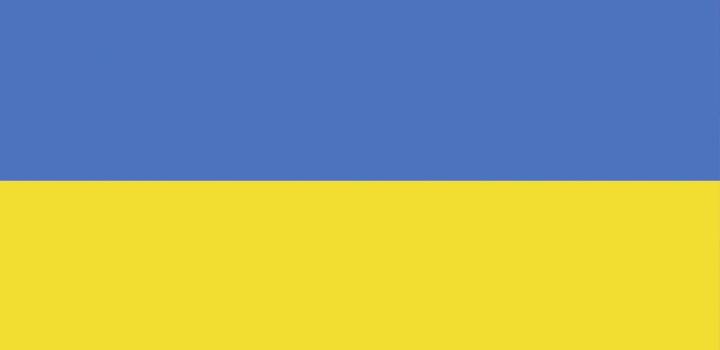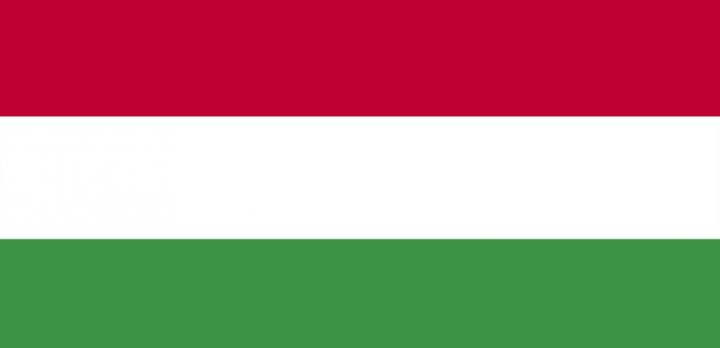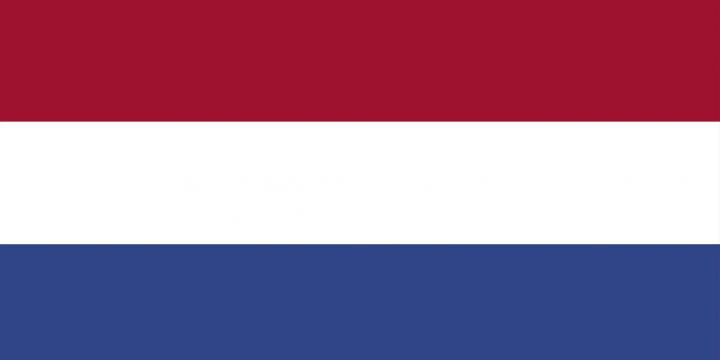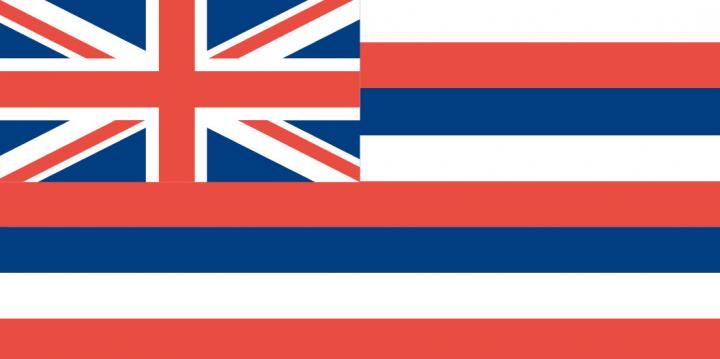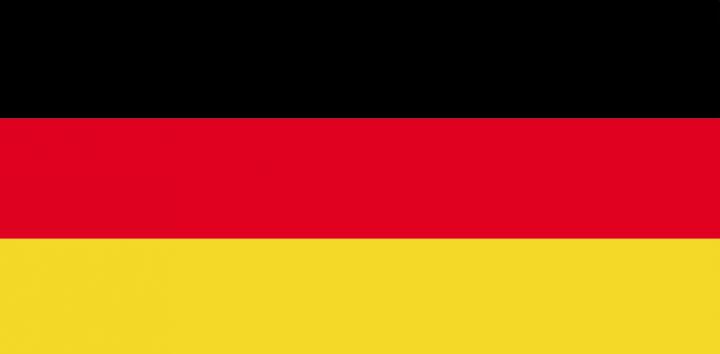Understanding cultural words from around the world.
Using a language other than English is a daily occurrence for many Edinburgh alumni spread over some 180 countries around the world. In celebration of our community’s linguistic diversity, we asked you to share your words, with a particular focus on those with no direct English equivalent.
Here is a selection of your words, chosen with the help of Dr Charlotte Bosseaux, Senior Lecturer in Translation Studies.
Meriggiare
Chiara Ciucani, visiting student, 2010
"Meriggiare (Italian), from Latin meridiare, means to rest at noon, on a very hot day, preferably in the shade. It is not used often orally, especially by younger generations, but most Italians know the word because it appears in the title of a very famous (and beautiful) poem by Eugenio Montale called Meriggiare pallido e assorto, first published in 1925."
Lagom
Petal Roberts-Leijon (formerly Hay, née Roberts), MA (Hons) in Fine Art, 1968
"Lagom (Swedish) roughly translated means just right or just enough, but is used in all sorts of contexts. For example, Lagom är bäst roughly means enough is enough, though it really means enough is best, don’t overdo it. Swedish is my adopted language, I have been living here since 1971."
Вирій
Volodymyr Shevchuk, MSc in History, 2018
"Вирій (Ukrainian; Vyriy) is a place where birds fly for the winter. You can also use it to describe a good, heavenly place. For example, if someone asks you how your trip is going you can reply: Чудово, це місто справжній вирій. Awesome, this city is a real paradise."
Hiányérzet
Dr Eszter Fazekas, PhD in Chemistry, 2019
"Hiányérzet (Hungarian) is a feeling that something is missing, but you can’t really pinpoint what it is. For example, when you go travelling and think you’ve forgotten something important at home. You could also say: Egész jó volt a film, de egy kicsit hiányérzetem van. I think this movie was quite good, but it’s lacking something I can’t quite pinpoint that would have made it great."
Gezellig
Miranda Geelhoed, LLM in Global Environmental Law & Governance, 2014
"Gezellig (Dutch) describes the positive mood or atmosphere of a social get-together. For me, most often, it is the socially rewarding aspect of an event. An example is: Ik zou het gezellig vinden om je snel weer eens te zien. It would be nice (and socially rewarding) to see you again soon. For me, the word gezellig reminds me of my life in the Netherlands. From getting together with friends for a beer on a cafe terrace, to trying to catch the first rays of the spring sun. But for those who know anything about Dutch culture and our infamous birthdays, where people sit in a circle to chat about politics and eat limited amounts of food, it may be strange that those parties were always gezellig to me, too."
默契
Grace Guan, MSc in Education: Language – Theory, Practice & Literacy, 2010
"默契
(Chinese; mòqì) refers to the tacit understanding of another person’s motivations and expectations. The word is made up of the characters 默 (mò) meaning silent and 契 (qì) meaning contract. It is commonly used among friends and teams when they’ve built up that connection which enables them to understand exactly what the other person wants, without explanation. You could say to your good friend: 我们很有默契 (wǒmen hěn yǒu mòqì) We understand each other very well without having to say anything."
Aloha
Jonathan Carino, MSc in Health Systems & Public Policy, 2017
"Aloha (Hawaiian) roughly translates to hello, goodbye, and I love you. But there is a deeper meaning to it. Alo means the front, the face, the overlying surface of something; ha is the breath of life. It is believed that your breath has a lot of power; it’s the thing that gives power to your life. Traditionally, when you wanted to show someone some aloha, you would grab each other’s head and touch your foreheads together. This is the alo part of aloha. Then, with your heads still touching, you both would each take a deep breath. This the ha part of aloha. This deep breath is a symbol of you taking in another person’s ha. It shows that you understand them and love them because you literally inhaled their breath of life. Likewise, they understand and love you. Aloha is something that people use to show that they respect each other."
Fernweh
Jonas Kellermann, visiting student, 2013
"I’ve always liked Fernweh (German) as an opposite to homesick in the sense of yearning to go somewhere far away. I think the most natural way to use it would be to say “Ich leide unter Fernweh” or “Ich habe Fernweh” (I’m suffering from or I have Fernweh). It’s similar to wanderlust, the desire to travel, but not quite the same, I’d say, because weh implies a sense of painfulness, rather than joy. There’s a great German pop song, Einfach nur weg, by Johannes Oerding, which describes the feeling perfectly, in my opinion."
Send us your word
Is your language missing? Send your word and it may be added to our online feature.
Email alumni@ed.ac.uk
Back to Edit 2019 menu
